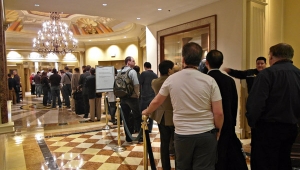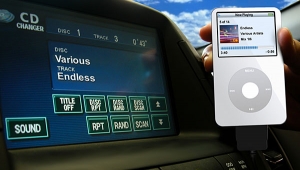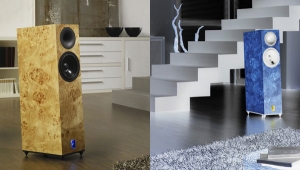| Columns Retired Columns & Blogs |
I am constantly amazed at the high cost of some of the absolute best in hi-fi, but at the same time I find that this is a great time to be an audiophile since never before has so much affordable equipment with excellent performance been offered. I think the one surprising thing is all that is being done to extract all there is out of the 16-bit medium, since we have had "perfect sound forever" as early as 1983. lol. With all of this, it is amazing to me that the masses still find MP3s enjoyable with all the high bit-rate files available.


























